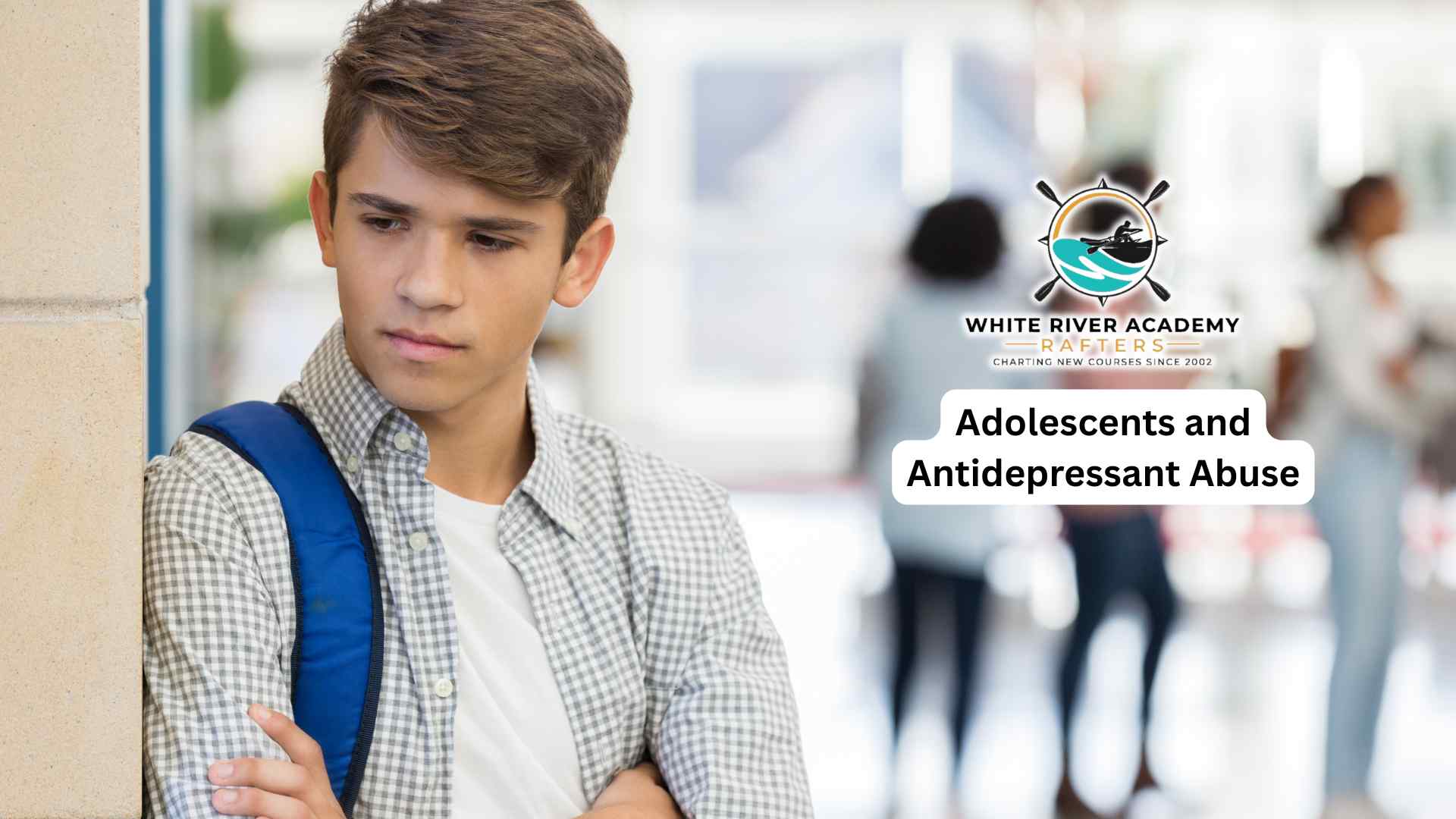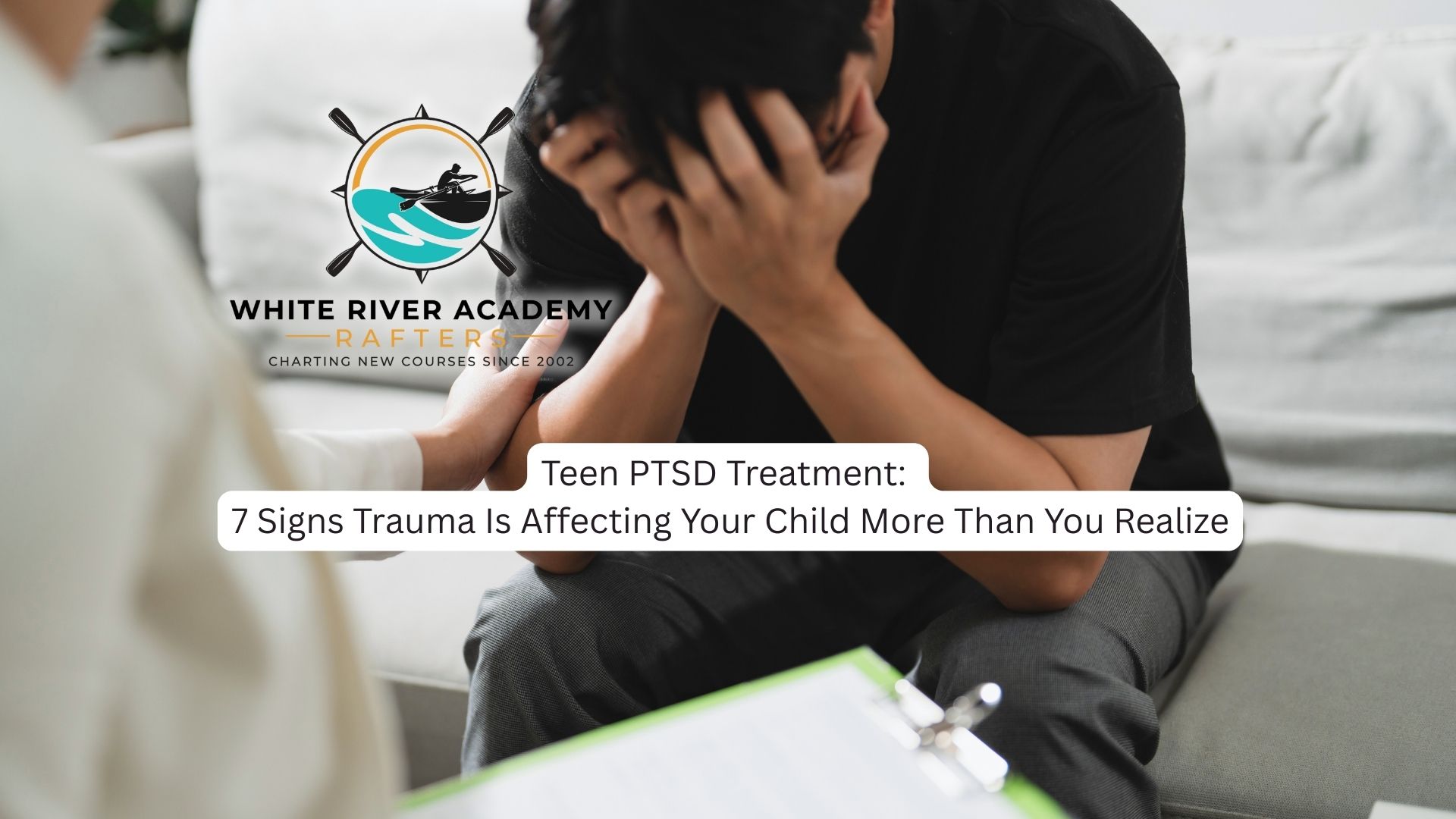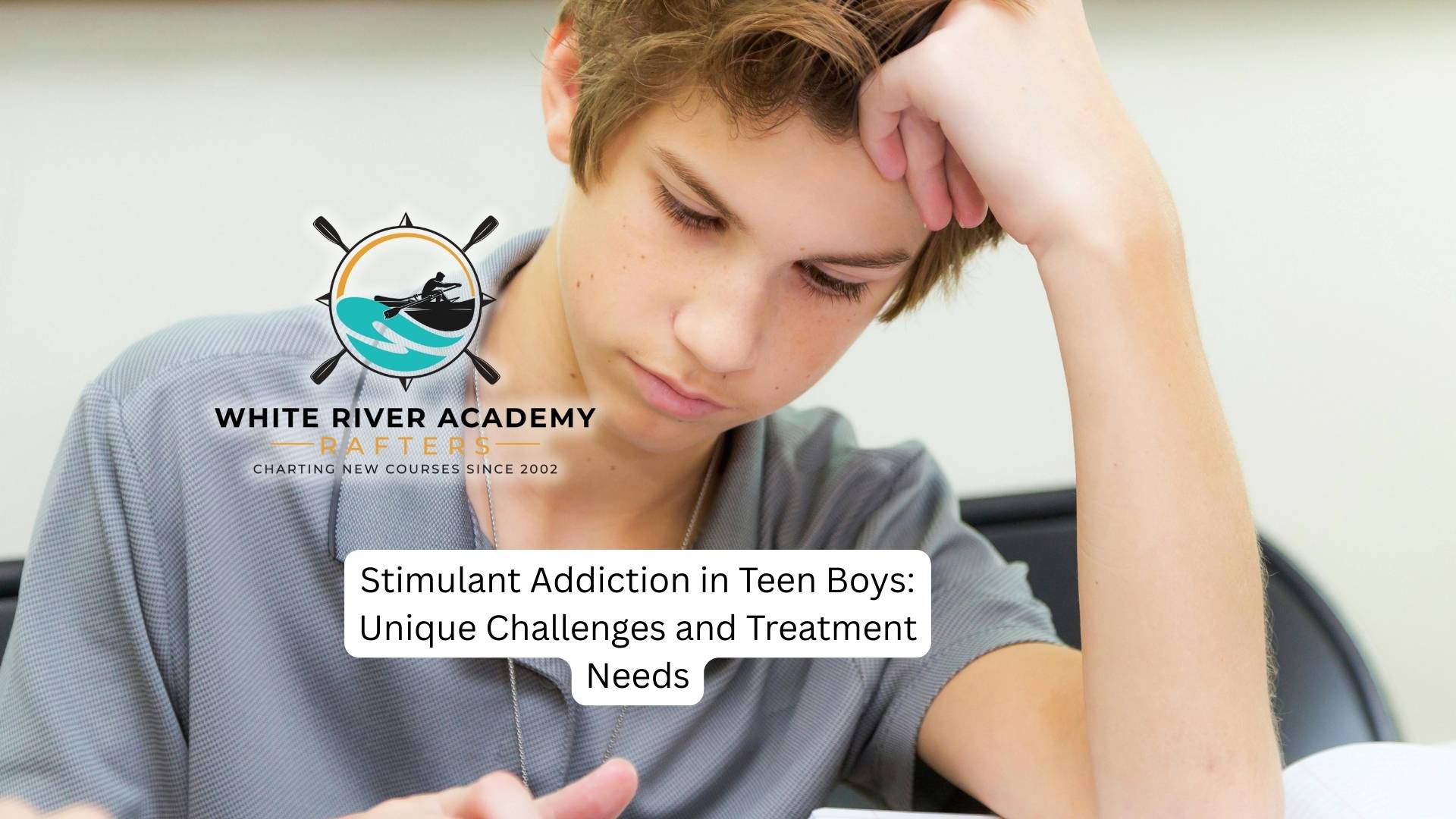The use of antidepressants among adolescents has surged in recent years, particularly following the COVID-19 pandemic. While these medications play a critical role in treating mental health disorders, their increasing prevalence has raised concerns about potential misuse and abuse among teenagers.
This article explores why antidepressants are prescribed to adolescents, safety guidelines, the drivers and signs of abuse, associated risks, contributing factors, and strategies for prevention.
Why Are Antidepressants Prescribed to Teenagers
Antidepressants are primarily prescribed to adolescents to manage mental health conditions such as major depressive disorder, anxiety disorders, and, in some cases, obsessive-compulsive disorder. The rise in prescriptions reflects a growing recognition of mental health challenges among young people, including increased rates of depression, anxiety, trauma, and suicidality.
The COVID-19 pandemic intensified these issues, with social isolation, academic disruptions, and family stressors contributing to a national emergency in child and adolescent mental health. As a result, healthcare providers have increasingly turned to antidepressants as part of a comprehensive treatment plan, often alongside psychotherapy, to address these urgent needs.
For teenagers dealing with moderate to severe mental health issues, these medications can be crucial in reducing symptoms that interfere with their routines and relationships. Your teens might find that antidepressants can lift their mood, ease anxiety, and allow them to function better in school, at home, and with friends.
When considering antidepressants for teenagers, healthcare providers carefully assess their specific needs and potential risks and talk openly about side effects. Although these medications are beneficial, adolescents may develop an addiction to these drugs once they misuse them.
At White River Academy, we provide a specialized, evidence-based substance abuse program designed for adolescent boys. Our approach focuses on helping teens identify and challenge the factors contributing to substance use, learn coping mechanisms and gain healthier perspectives.

Guidelines and Safety of Antidepressants in Adolescents
Prescribing antidepressants to teenagers follows strict clinical guidelines to maximize benefits and minimize risks. Before starting antidepressants, doctors take several steps to ensure your safety. They will begin by performing a thorough mental health assessment, reviewing your family history, and making a detailed treatment plan.
To support antidepressant safety, the US Food and Drug Administration (FDA) requires a black box warning, highlighting the need for careful monitoring of adolescents due to the risk of increased suicidal thoughts or behaviors. The American Academy of Pediatrics and other professional bodies recommend:
- Careful diagnosis and assessment before initiating medication
- Starting with the lowest effective dose
- Close monitoring for side effects, especially during the initial weeks
- Regular follow-up visits to assess efficacy and safety
- Combining medication with psychotherapy when possible
Safety is a paramount concern, as some antidepressants carry a risk of increased suicidal thoughts in young people, particularly when first starting treatment. This risk highlights the importance of vigilant monitoring by healthcare professionals and caregivers.
Why Teens Abuse Antidepressants
Despite their therapeutic intent, antidepressants can be misused by adolescents for several reasons. One of which is self-medication. Teens may take higher doses than prescribed or use someone else’s medication to cope with stress, anxiety, or depression.
Many teens experience anxiety due to academic pressures, social challenges, family stress, and hormonal changes, which can manifest as irritability, withdrawal, or physical symptoms like headaches and stomach aches. When these feelings become overwhelming and unmanaged, some teens may turn to substances such as misusing antidepressants as a way to temporarily relieve their anxiety.
This kind of substance misuse often involves taking higher doses or using antidepressants without a prescription, which can quickly turn dangerous and lead to dependency. Sometimes, teens combine these drugs with alcohol or other substances to intensify the effects driven by curiosity, which can lead to misuse and develop into an addiction.
Pressure from friends or social circles may encourage the non-prescribed use of substances. Peer pressure also plays a significant role in teen substance abuse, acting as a powerful force that can shape adolescent behavior both directly and indirectly. During adolescence, the desire to fit in and gain acceptance from peers is powerful, making teens more susceptible to drugs when they perceive such behaviors as common or desirable within their social group.
Signs and Symptoms of Abuse
Early warning signs of teen substance use can be subtle and are often mistaken for typical adolescent behavior, making them easy to overlook. You may notice changes in sleep patterns or sudden mood swings.
Recognizing antidepressant abuse among adolescents can be challenging, as symptoms may overlap with underlying mental health issues. Key signs include:
- Taking higher doses than prescribed or running out of medication early
- Using antidepressants without a prescription
- Changes in academic performance
- Physical symptoms such as dizziness, nausea, or rapid heart rate
- Withdrawal symptoms when not taking the medication
- Secretive behavior regarding medication use
You, as parents, together with teachers and healthcare providers, should remain alert to these warning signs, especially in teens already struggling with mental health concerns.
Risks Associated with Abuse
Overdose on antidepressants can lead to dangerous symptoms such as seizures, cardiac arrhythmias, or serotonin syndrome—a potentially life-threatening condition.
Misuse may exacerbate depression, anxiety, or suicidal thoughts. While antidepressants are not typically addictive in the same way as opioids or stimulants, psychological dependence can develop.
In addition, abuse may impair decision-making, increasing the risk of accidents or risky behaviors.
These risks highlight the importance of using antidepressants strictly as prescribed and under medical supervision.
Prevention and Solutions
Addressing antidepressant abuse among adolescents requires a multi-faceted approach:
- Education: Inform teens and families about the risks of misuse and the importance of adhering to prescribed regimens.
- Secure storage: Store medications safely and monitor usage to prevent unauthorized access.
- Early intervention: Encourage open communication about mental health and substance use, and seek professional help at the first sign of trouble.
- Integrated care: Combine medication management with psychotherapy and support services for a holistic approach to adolescent mental health.
- Policy measures: Promote responsible prescribing practices and enhance access to mental health care, including telehealth options.
By fostering awareness, supporting mental health, and ensuring safe medication practices, families and communities can help reduce the risk of antidepressant abuse among adolescents.
Final Thoughts from White River Academy
Overcoming prescription drug addiction is a challenging journey, but effective treatment and lasting recovery are possible with the proper support and resources. At White River Academy, we offer a structured and supportive environment in a therapeutic boarding school, particularly for adolescent boys, where experienced professionals partner with families to help young people heal from addiction and related mental health challenges. Our approaches equip teen boys and their families with the tools necessary for achieving sustainable change and fostering hope for the future.




